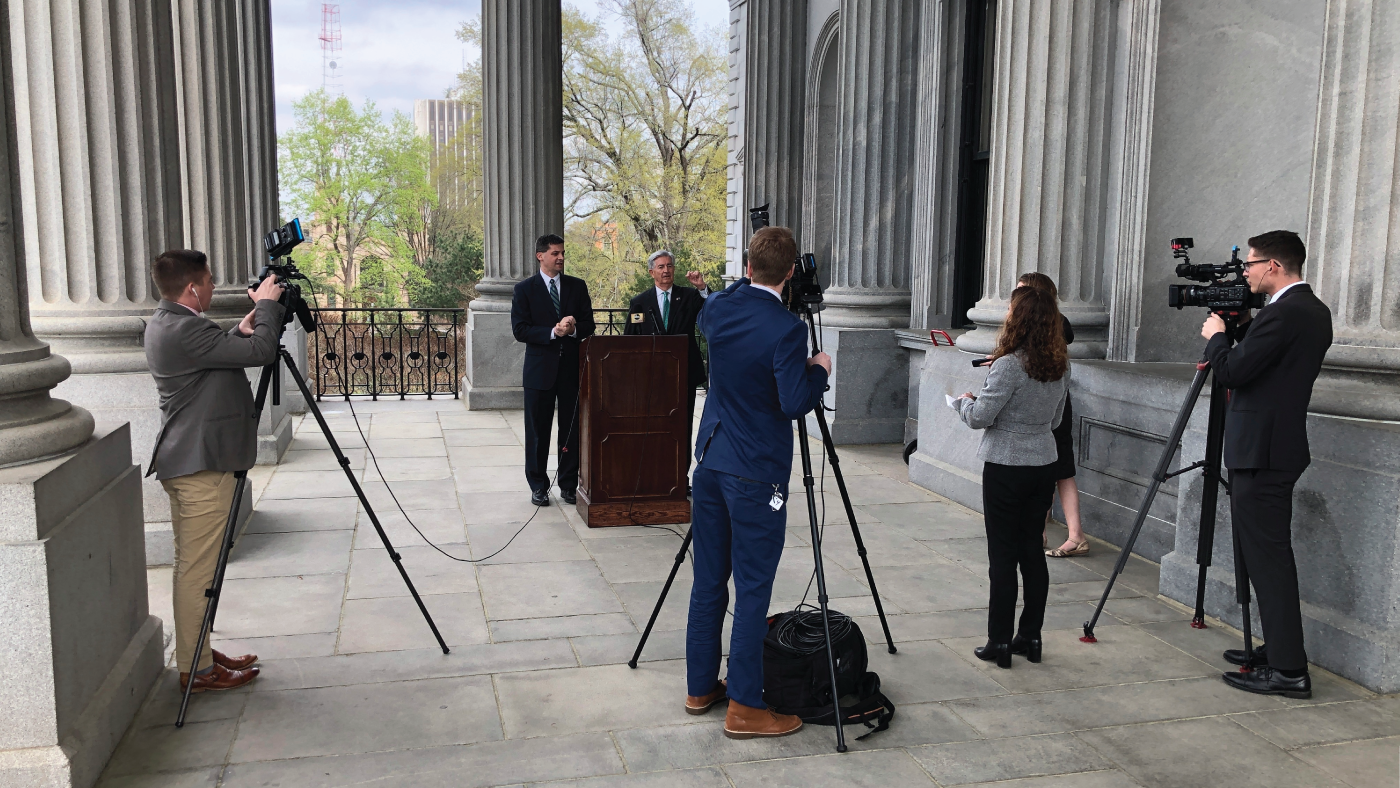Civic Engagement in the Digital Age
The well-educated and the well-off are more likely than others to participate in civic life online, just as those groups have always been more likely to be active in politics and community affairs offline.
The well-educated and the well-off are more likely than others to participate in civic life online, just as those groups have always been more likely to be active in politics and community affairs offline.
Pew Internet Director Lee Rainie will discuss the Project’s latest research into internet trends, mobile connectivity, and use of social media and what they mean for marketers.
Overview As Congress returns to Washington to resume work on gun control and immigration legislation, the public is paying far closer attention to news about the gun control debate than news about the debate over immigration policy. A national survey by the Pew Research Center, conducted April 4-7 among 1,003 adults, finds 37% say they […]
Faced with shrinking revenue and dwindling audiences, news organizations in recent years have slashed staffs and reduced coverage. Most news consumers are little aware of the financial struggles that led to these cuts, a new Pew Research Center survey finds. Nevertheless, a significant percentage of them not only have noticed a difference in the quantity or quality of news, but have stopped reading, watching or listening to a news source because of it.
When they hear about news events from friends and family, the vast majority of people seek out full news stories to learn more, according to a new survey by Pew Research Center.
The news programs that Americans watch on national cable channels and their local television stations have changed significantly in recent years while the network evening newscasts have remained remarkably stable, according to a new study from the Pew Research Center.
There are all sorts of contributors in the evolving landscape of news and, in many ways, more opportunities for citizens to access information.
By Scott Keeter, Director of Survey Research On Feb. 5 the Pew Research Center released a report on its latest NewsIQ Quiz, “What the Public Knows – In Pictures, Maps, Graphs and Symbols,” based on interviews with 1,041 randomly sampled adults nationwide. Since Feb. 5, more than 350,000 people have taken the quiz on the PewResearch.org website. A large majority of […]
The growth of social media and the rapid adoption of internet-enabled mobile devices have changed the way Americans engage in the political process.
At a time of economic turmoil in the newspaper business, a new Pew Research Center report identifies four dailies that have built successful new revenue streams and answers four key questions. What are these winning business innovations? What challenges did the papers overcome in implementing them? What are the tangible signs of success? And what lessons can be shared with the industry?
A survey of U.S.-based journalists finds 77% would choose their career all over again, though 57% are highly concerned about future restrictions on press freedom.
Digital news has become an important part of Americans’ news media diets, with social media playing a crucial role in news consumption.
In recent years, several new options have emerged in the social media universe, many of which explicitly present themselves as alternatives to more established social media platforms.
The total number of journalists assigned to state capitol buildings is up 11% since 2014, though figures vary widely by state.



